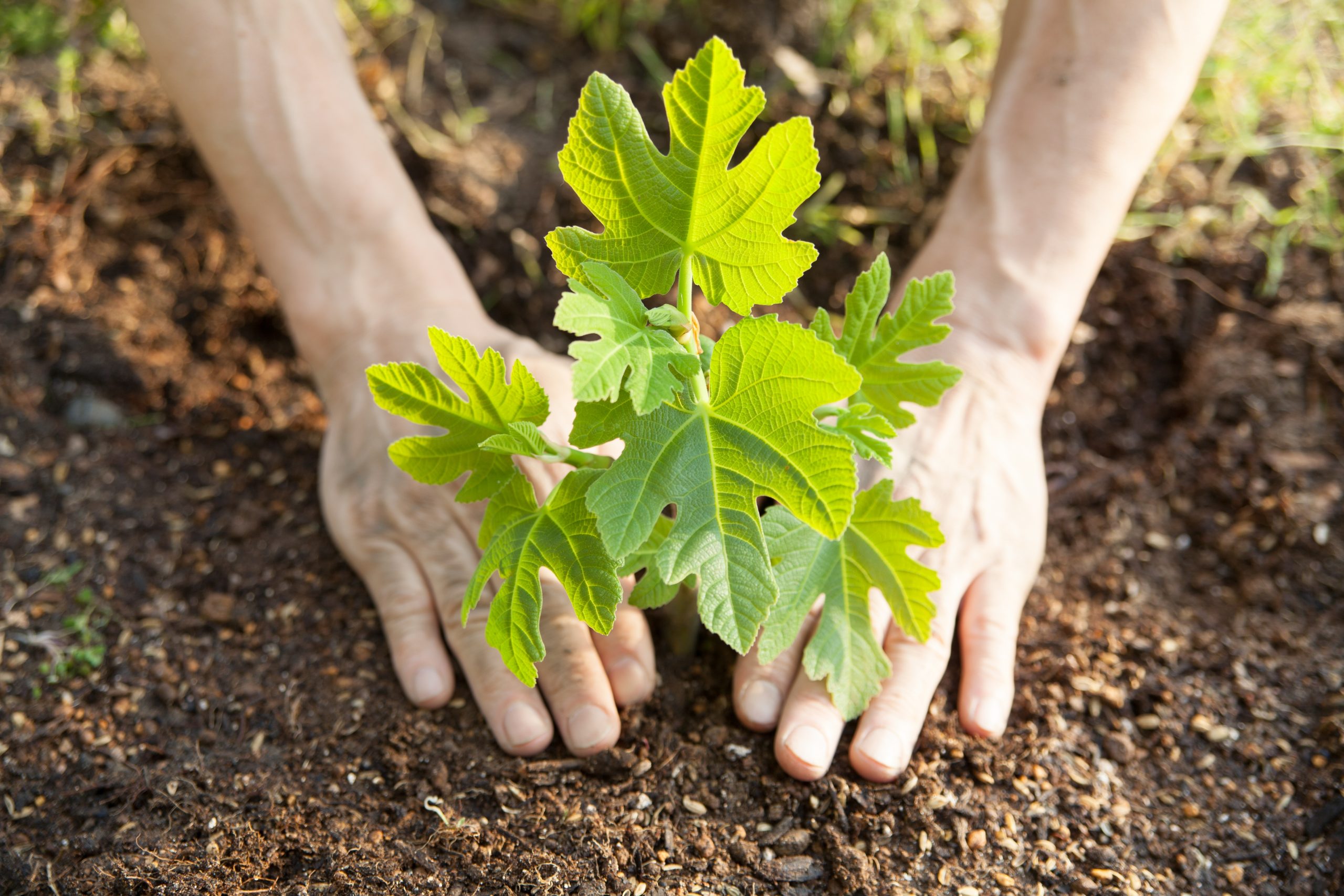Gardening is a rewarding hobby that offers both aesthetic pleasure and mental relaxation. Whether you’re a seasoned gardener or just starting out, maintaining plant health throughout the year can be challenging. With the right knowledge and practices, you can ensure your plants thrive in every season. Here are essential tips and insights to keep your plants healthy year-round.
Understanding Plant Needs
1. Soil Quality: Healthy soil is the foundation of a thriving garden. Different plants have varying soil requirements, but most need well-draining, nutrient-rich soil.
Tips:
- Test Your Soil: Use a soil test kit to check pH and nutrient levels. Adjust the soil with organic matter, compost, or appropriate fertilizers based on the results.
- Amend Regularly: Add compost and organic matter annually to replenish nutrients and improve soil structure.
2. Watering Practices: Proper watering is crucial for plant health. Overwatering or underwatering can lead to various problems, including root rot and drought stress.
Tips:
- Know Your Plants: Understand the specific watering needs of your plants. Some prefer moist soil, while others thrive in drier conditions.
- Water Deeply: Water deeply and less frequently to encourage deep root growth. Early morning watering reduces evaporation and fungal issues.
- Mulch: Use mulch to retain moisture, regulate soil temperature, and suppress weeds.
Seasonal Care
1. Spring: Spring is the season of growth and renewal. It’s the perfect time to prepare your garden for the upcoming growing season.
Tips:
- Clean Up: Remove winter debris, dead plants, and weeds to make way for new growth.
- Prune: Prune shrubs and trees to encourage healthy growth and remove damaged branches.
- Fertilize: Apply a balanced fertilizer to provide essential nutrients for new growth.
2. Summer: Summer brings heat and increased growth, which can stress your plants if not managed properly.
Tips:
- Regular Watering: Ensure consistent watering, especially during dry spells. Consider using a drip irrigation system to maintain soil moisture.
- Shade: Protect sensitive plants from extreme heat by providing shade with garden fabric or strategically placing taller plants.
- Monitor Pests: Check for pests and diseases regularly. Use organic pest control methods to manage infestations.
3. Fall: Fall is the time to prepare your garden for the colder months and set the stage for the next growing season.
Tips:
- Plant Bulbs: Plant spring-flowering bulbs like tulips and daffodils.
- Add Compost: Spread compost over your garden beds to enrich the soil for the next season.
- Prune Perennials: Cut back perennials to prepare them for winter dormancy.
4. Winter: Winter care focuses on protecting your plants from cold damage and preparing for the spring.
Tips:
- Mulch: Apply a thick layer of mulch to protect roots from freezing temperatures.
- Protect Plants: Use burlap or frost covers to shield vulnerable plants from harsh weather.
- Indoor Care: Move potted plants indoors or to a sheltered location. Ensure they receive adequate light and water sparingly.
General Tips for Year-Round Plant Health
1. Regular Inspection: Regularly inspect your plants for signs of stress, pests, or diseases. Early detection allows for prompt treatment, preventing severe damage.
2. Rotate Crops: Crop rotation prevents soil depletion and reduces the risk of pests and diseases. Change the location of plant types each year to maintain soil health.
3. Use Organic Practices: Opt for organic fertilizers, pesticides, and herbicides to promote a healthier garden ecosystem. Organic practices are safer for both plants and the environment.
4. Support Structures: Use stakes, trellises, and cages to support plants and prevent damage from wind or heavy fruits.
5. Keep Tools Clean: Regularly clean and disinfect gardening tools to prevent the spread of diseases. Sharp, well-maintained tools make gardening tasks easier and more effective.
